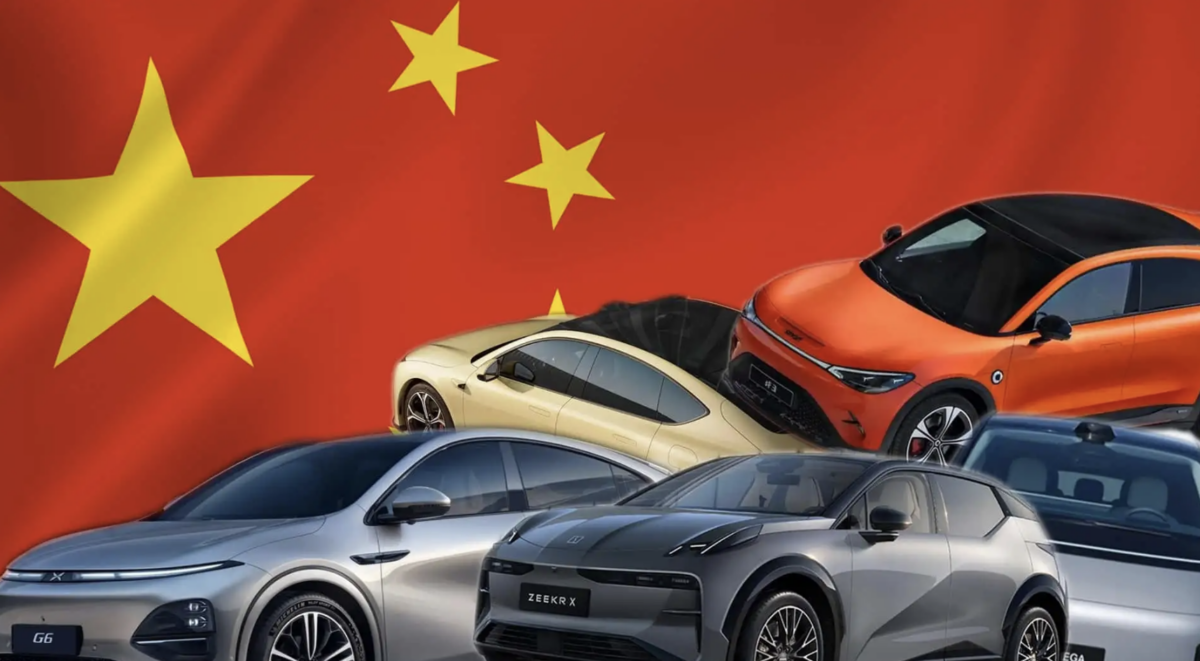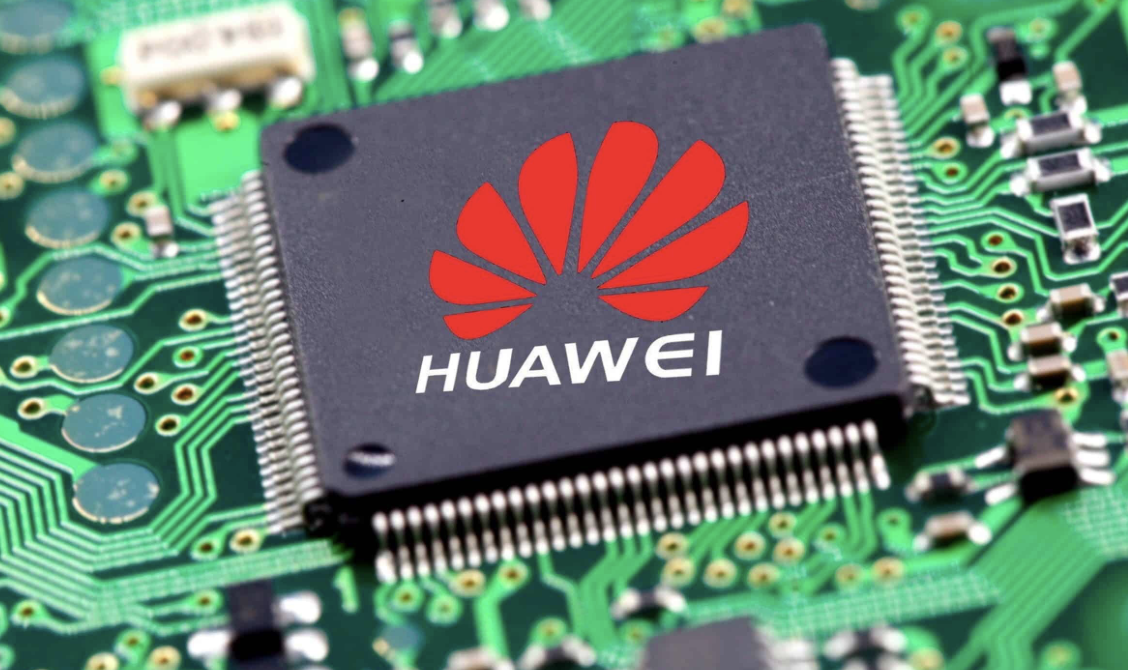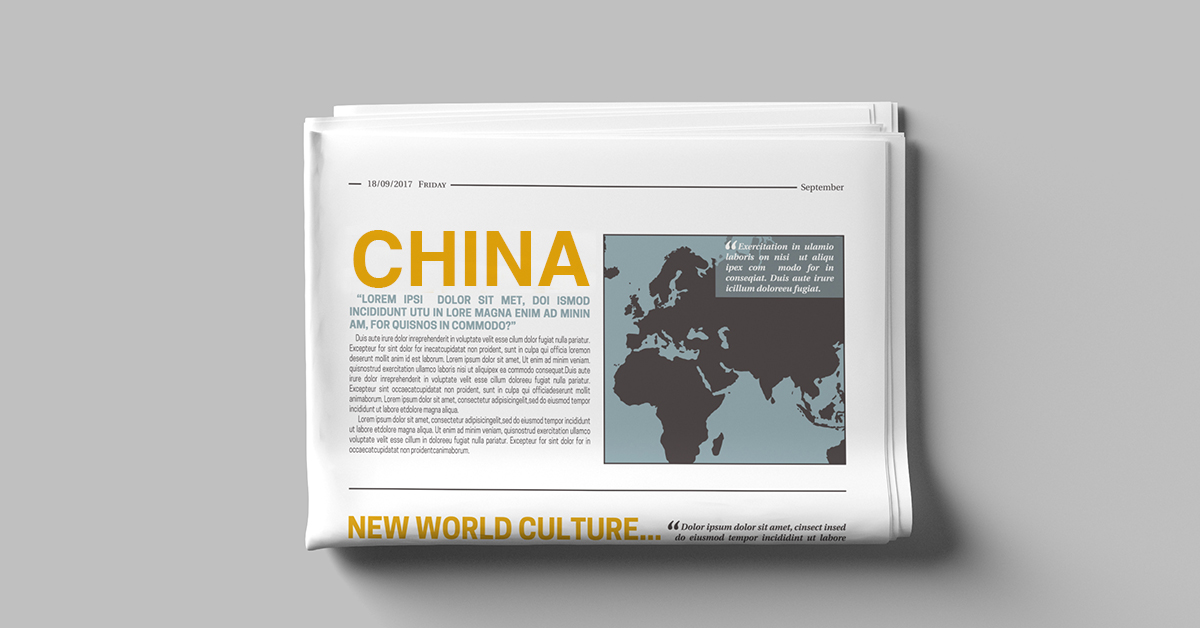Biden to set 100% tariffs on Chinese EV’s
President Biden is set to announce a significant hike in tariffs on Chinese electric vehicles (EVs), aiming to thwart China’s potential dominance in the US market. The move, quadrupling tariffs to 100 percent, signals concerns over China’s subsidies and the competitiveness of its EVs. China, a global EV leader with 30% of vehicle sales being electric, poses a threat to US automakers. Biden’s tariff escalation follows a trend of US policies aimed at curbing Chinese influence in the EV sector, sparking debate over trade barriers’ impact on industry growth and carbon emission reduction goals.

ByteDance's Lemon8 gains popularity amid TikTok ban threats
ByteDance’s Lemon8 lifestyle app is gaining traction in the US as TikTok faces potential bans. Described as a mix of Instagram and Pinterest, Lemon8 focuses on photo-centric, blog-style posts. It has topped Apple’s App Store lifestyle downloads, challenging platforms like Pinterest and Tinder. Android users also show interest, ranking Lemon8 among top lifestyle apps on Google Play. Launched amid TikTok’s regulatory struggles in the US, Lemon8’s success reflects ByteDance’s strategic timing. While TikTok faces divestment pressures, ByteDance denies reports of selling its US operations.

U.S. revokes licenses for sales of chips to Huawei
The US has revoked licenses allowing Intel and Qualcomm to supply chips to Huawei, impacting its laptop and handset production. The move, confirmed by the Commerce Department, follows Huawei’s AI-enabled laptop launch powered by Intel’s Core Ultra 9 processor. While hurting Huawei’s reliance on US chips, the decision also affects American suppliers. China condemned the move, labeling it as an abuse of export controls. Huawei’s resilience amid US sanctions raises concerns over the efficacy of trade restrictions.

Google DeepMind’s groundbreaking AI model can now model DNA
AlphaFold 3, the latest iteration of Google DeepMind’s AI model, promises to revolutionize understanding of molecular interactions crucial for life processes. Employing a generative AI technique called diffusion, it predicts complex interactions between proteins, DNA, and other molecules, aiding drug discovery and agriculture. While boasting improved accuracy and expanded capabilities, challenges remain in accurately modeling flexible protein structures. Despite limitations in modeling certain molecules, AlphaFold 3 accelerates research by providing valuable insights for further study. As AI progresses, it holds promise for deciphering complex biological systems and advancing medicine and science.

Saudi Investment Fund CEO: Will divest from China if U.S. requests
Amit Midha, CEO of Alat, Saudi Arabia’s new investment fund for semiconductor and AI technology, stated readiness to divest from China if requested by the US amid ongoing national security discussions. With $100 billion in backing from the Public Investment Fund, Alat prioritizes US partnerships, aiming to bolster Saudi Arabia’s semiconductor industry. As the US tightens scrutiny on Middle Eastern-China ties, Alat seeks to forge secure alliances with American tech firms, targeting advancements in AI, chips, and data centers. Amid geopolitical shifts, Alat plans imminent partnerships with US tech companies to fortify its technological endeavors.

McDonald’s U.S. franchisees to contribute to digital marketing fund
McDonald’s U.S. franchisees will begin contributing to a digital marketing fund next year, aiming to bolster the fast-food giant’s digital business expansion. The move, outlined in a memo by executives Tariq Hassan and Whitney McGinnis, signals a shift towards modernizing marketing strategies. With plans to invest hundreds of millions in loyalty programs and new ordering channels, McDonald’s aims to capitalize on its 34 million active digital customers. Franchisees will fund the initiative from existing marketing contributions, anticipating a boost in cash flow for U.S. restaurants by 2025.

Researchers develop nano-sized vision implants for restoring sight in blind people
A group of researchers unveils a breakthrough in vision implants, crafting nano-sized electrodes to aid blind individuals. Overcoming past limitations of size and corrosion, the implant now offers increased brain stimulation and detailed visual feedback. Employing a unique blend of materials, including a protective conducting polymer, ensures durability and functionality. Preclinical trials in mice demonstrate promising results, sparking optimism for future human trials.













